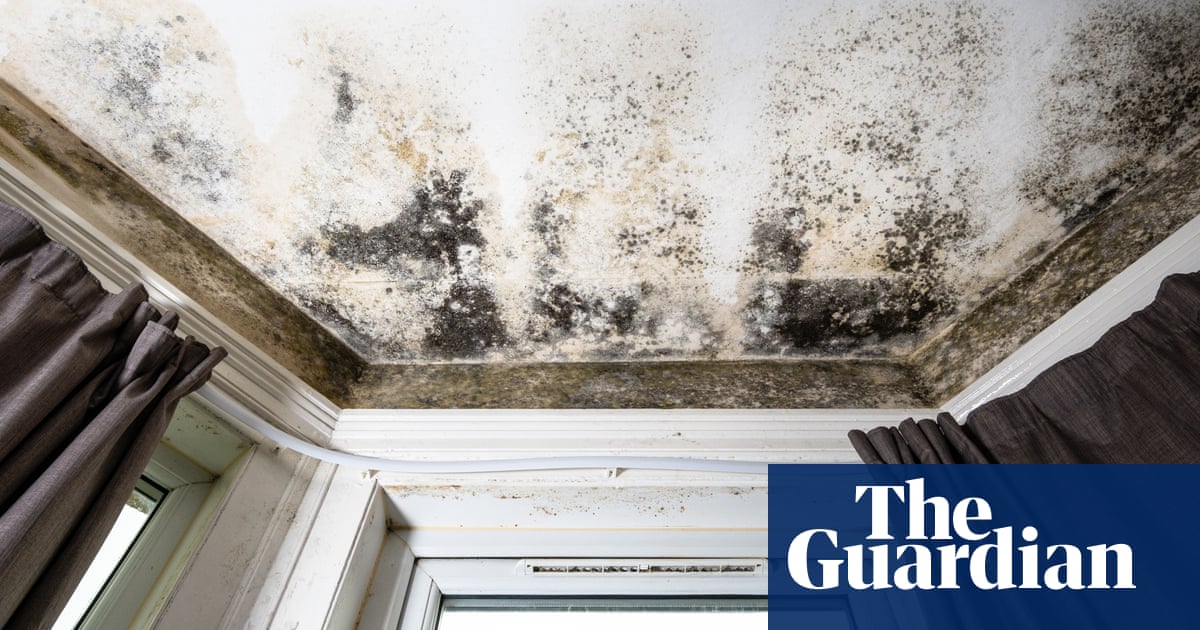
Every child, regardless of their background, deserves a good education and the chance to reach their full potential. But some children – often the most vulnerable – just don’t get that chance.
While most children have been back in the classroom since September, some children with behavioural, emotional or health problems are instead in “alternative provision” – also known as AP – instead of a regular school. AP exists for children who struggle with conventional education, or whose needs cannot be met by mainstream schools. Sometimes it is a useful short-term fix for excluded pupils, serving a valuable purpose in re-engaging them in education; sometimes it does a good job of teaching young people right through to age 16. But I am concerned that it is sometimes used just to move on children whose needs and behaviour are deemed too challenging, with little thought for their futures.
While the government does not collect specific data, it seems a likely estimate – based on the Department for Education’s own statistics for England – that the number of children in AP has risen by 14% over the last four years to more than 45,000. And, with the detrimental impact that Covid and lockdown have had on many young people, we may well see a further rise this year. I’m particularly concerned that the number of primary-age children referred to AP has risen by 27% since 2017 – there are now more than 7,000 under-11s in AP placements, including those in state-funded pupil referral units and independent special schools funded by local authorities. We’re seeing children as young as five attending AP settings, after headteachers have taken what must be an extremely difficult decision to exclude them from primary school. In light of this, I have commissioned new research to better understand the role that AP plays in the education system, and to find out why primary pupils are being referred to alternative provision in the first place. We will also explore how the pandemic has changed the AP landscape.
The types of AP vary – from therapeutic independent schools, to training providers specialising in skills such as car maintenance or hairdressing. Providers can be further education colleges, charities, businesses, independent schools or the public sector. Some APs only offer part-time education, while others operate full-time, and much provision is subcontracted. This scale and diversity in the sector mean oversight arrangements can be complicated and the quality of education varies greatly.
Children of all ages are referred to AP. Many come from deprived backgrounds, and many have experienced troubles at home, such as alcohol and drug abuse, mental illness, domestic violence or family breakdown. These children need strong support from expert professionals, in well-run providers. There are a great many good and outstanding alternative providers, where children get a worthwhile education. These APs give children a second chance and can transform their lives.
However, other children – often those in unregistered AP – are not so lucky. My inspectors have visited unregistered providers where children are left to play video games all day, where premises are unkempt and unsafe, and where staff appear to care little about the children they’re supposed to be looking after, or even check that they’re attending on any given day. These APs exist on the edge of the law, where they can avoid monitoring and regulation. Put simply, some of the children most at risk of harm or exploitation are being sent to the places with least oversight.
The law says that if an AP provider operates full-time, it must be registered with the Department for Education and inspected by Ofsted. Otherwise it is an illegal school. But unregistered provision gets no comparable, consistent scrutiny. For the past 10 years we have been calling for mandatory registration of all AP, no matter how many hours they are open or how many children attend. Without this there is little assurance that their pupils are getting a good full-time education.
Schools and local authorities are responsible for finding AP placements for pupils who can’t stay at their school. Most schools will make sure that any AP they use is safe and suitable, but some are failing to check even that basic standards are met. And the blurred lines around which APs are required to register mean it’s too easy for a child to find themselves in unregulated provision, with no one checking they’re getting a good deal.
No child deserves to be left to languish and fail. We need consistently good AP, that helps re-engage these children in education. For their good, and for the good of society, I am again calling for all APs to be required to register, so that the failures can be weeded out. Children deserve no less.
Amanda Spielman is Ofsted chief inspector












